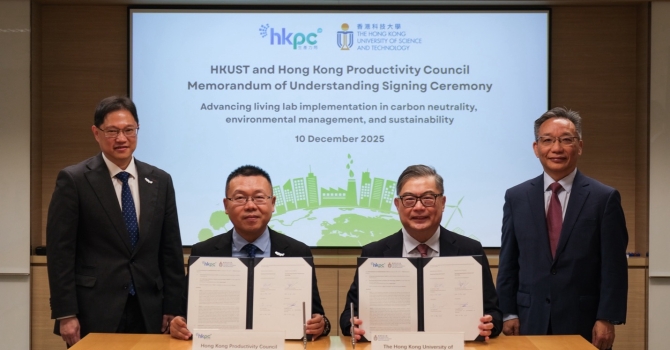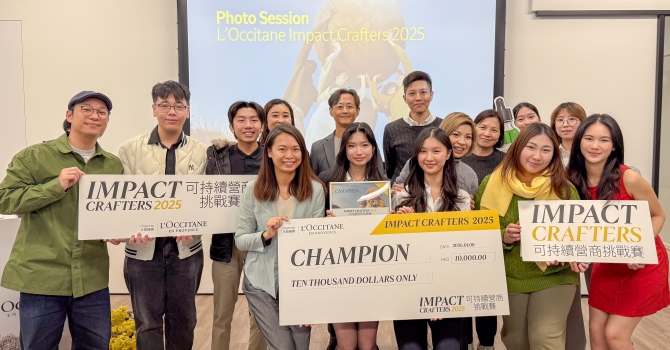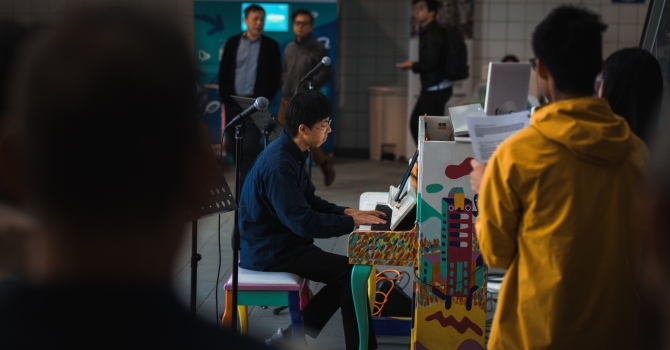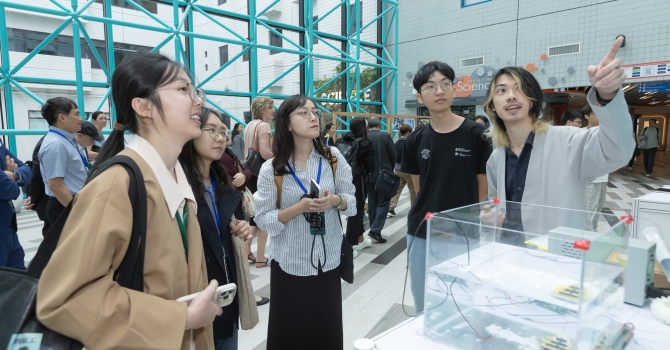HKUST Business School achieves highest rank in the Positive Impact Rating (PIR)
The Positive Impact Rating (PIR), a unique rating and ranking system that measures the positive impact of business schools. Unlike other rankings, PIR is the only student-based rating that aims to shift the focus from being the best in the world to being the best for the world. Developed and tested by an international task force of experts and societal stakeholders between 2017 and 2019, PIR's first edition was released at the World Economic Forum in Davos in January 2020. The PIR promotes a sustainable and socially responsible approach to business education, encouraging schools to prioritize positive societal impact alongside traditional measures of success.
Awarded the highest ranking of level 5 Pioneer by the PIR in 2023, the Hong Kong University of Science and Technology (HKUST) is leading the charge in embedding sustainability into its curriculum and operations. There were 71 business schools from 25 countries participating in the PIR and HKUST accomplished a jump from Level 4 to Level 5 this year. With a firm commitment to fostering a culture of sustainability, the HKUST campus is a hub for research, experimentation, and community engagement.
To measure the well-being of the campus community, HKUST established a framework, and a new Sustainable Operations Executive Committee was formed to oversee the implementation of a master plan called the "HKUST 2028 Sustainability Challenge." This plan features four pillars: progress and performance, sustainability education, living lab, and building community. By responding to Hong Kong's roadmap to carbon neutrality by 2050, the plan sets clear targets for Energy and GHG Emissions, Water Consumption, Waste to Landfill, Campus Landscape and Biodiversity, and Community Well-being.
HKUST Business School is also fostering empowered and skilled students by launching the first BSc in Sustainable and Green Finance Program in Hong Kong. The interdisciplinary team of academic specialists in finance, investment, environmental science, and technology will equip students with professional knowledge and a global outlook. Undergraduate students can also participate in the School's Social Enterprise Internship Program, which offers internships with ESG-focused organizations or NGOs. Post-graduate students are encouraged to learn from case studies that examine real-world situations.
In addition to all this, HKUST seeks to create platforms for knowledge exchange and ongoing dialogue by offering regular seminars on sustainable finance and collaborations with the business community. The School also shares the findings and results of its Green Finance Research Project, which contributes to a vibrant sustainability community and the advancement of sustainability education.



